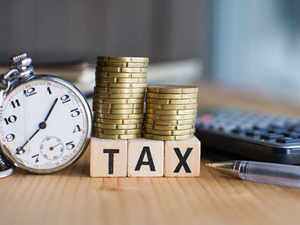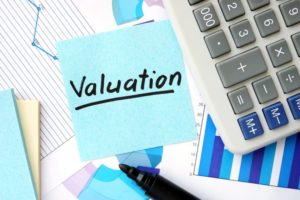1.1 File Tax Returns
One of the quickest ways to find yourself audited is to not file your tax return. It’s better to extend if you must—extending doesn’t increase your chances of an audit and gives you more time to prepare your information and file a more accurate tax return. Moreover, if you can’t pay the taxes you owe, it’s still critical to file your return. Out of fear or frustration, many people choose to stick their head in the sand if they cannot pay and decide not to file their tax return. The reality is that that approach will increase your penalties and interest, and the penalties for not filing are worse than just not being able to pay. Even if you don’t owe anything or don’t have any income, you are still encouraged to file. The FIRS is like a significant other: If you don’t stay in touch, they will assume the worst.
1.2 File as the Proper Entity
Having a small business is a great tax-saving strategy, but reporting it as a sole proprietorship can dramatically increase your chances of an audit. Many people realize that if they operate as a sole proprietorship, they are unnecessarily exposing themselves to liability; however, they may not realize that they are also exposing themselves to a greater chance of an audit. For this reason, beware of sole proprietorships and choose to file as a partnership or limited liability company when economically feasible.
1.3 Avoid Excessive Dining, Travel, and Entertainment Expenses
Your expenses should look normal and well-balanced for your income level and industry. For example, if you run an online business out of your garage in the evenings, daily dining and golfing expenses are going to cut it. However, if you are a sales representative peddling products on the road, those type of expenses will appear to be standard. Be sure to consult with your tax planner on what types of expenses and amounts will keep you out of trouble with the FIRS, and make sure you are reporting these expenses legitimately.
1.4 Avoid Suspicious Numbers and Abnormal Items
Beware of descriptions of expenses and line items that appear odd or are for large amounts that draw attention because they don’t make sense based on your type of business or industry. A seasoned tax professional will recognize and alert you to these types of items.
1.5 Observe Good and Honest Tax Practices
Report all of your income and don’t plug in numbers unless you can support them. If you own a small business, consider having a tax advisor prepare your return, and always know your own numbers. Review your tax return and discuss it with your planner. Don’t be afraid to take an expense you’re entitled to, especially if you have kept good records. But also make sure you’re filing your reports correctly and that your tax return doesn’t stand out.
1.6 Keep Your Receipts
Keep the best accounting records you can. It will help you produce a better tax return and more accurate figures, ultimately reducing your chances of an audit.
In summary, you can stay on good terms with the FIRS if you make reasonable deductions, keep good books and save records of your receipts. Use a professional to prepare or at least advise you on preparing your tax return when you have a small business, rental properties, and/or a more complicated tax return.
REFERENCES
Mark J. Koehler ‘’The Tax and Legal Playbook: Game-Changing Solutions to Your Small Business Questions’’ (2015: Entrepreneur Press)




